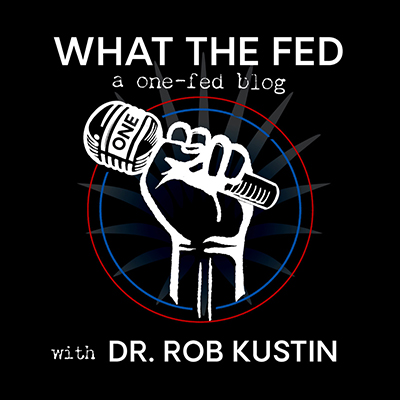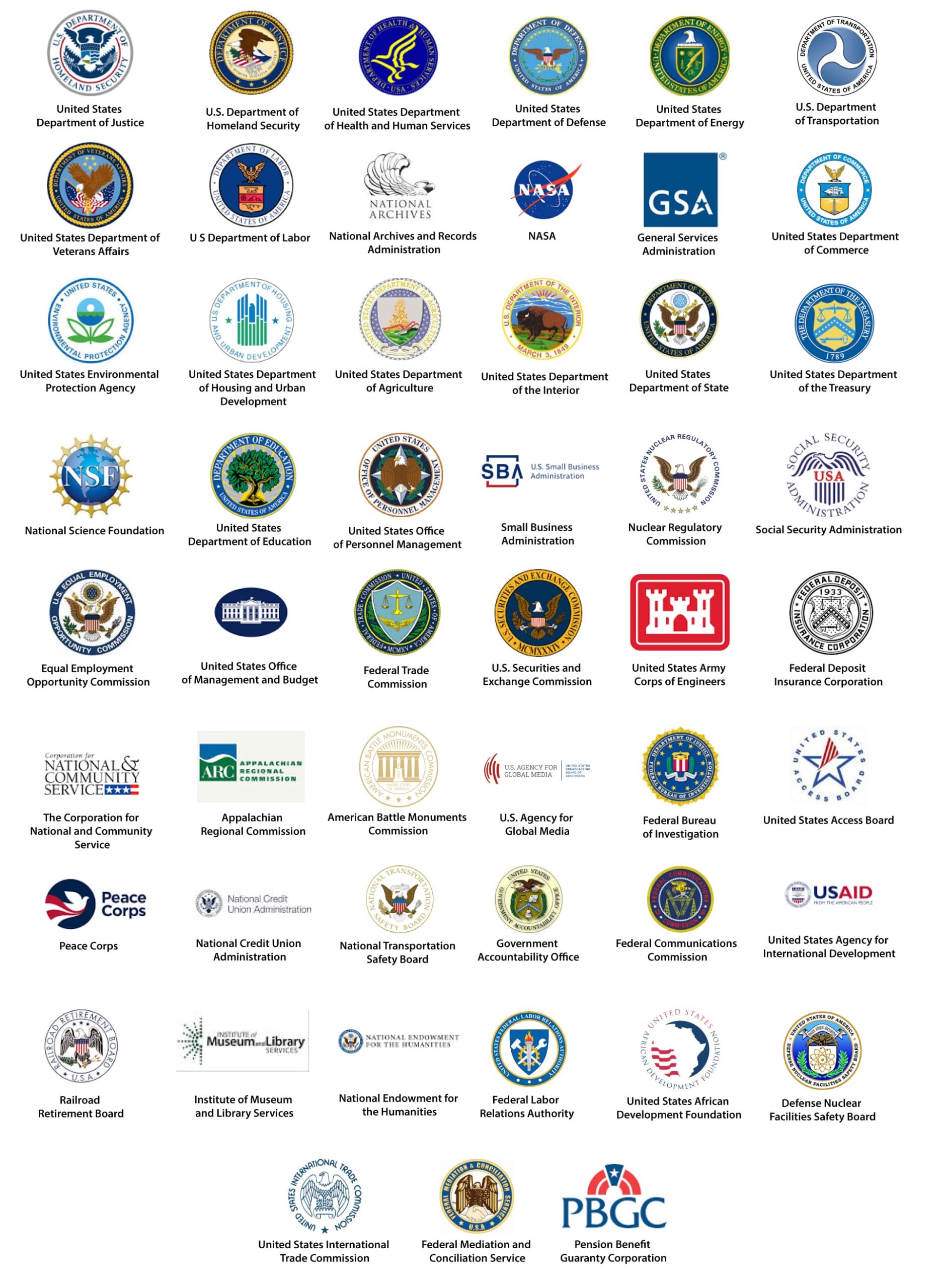The Social Contract
I’ve wrestled all week with what to write, aiming to be neither political nor judgmental, just observational. Last Tuesday marked my return to the office after two blissful weeks driving the RV across Canada. And, true to Murphy’s Law, no good deed goes unpunished. Upon my return, I was immediately met with a staff scheduling issue. After resolving the pre-dawn communication breakdown, the rest of the week was business as usual.
However, my house now needed attention. Two weeks of Florida weather had left the exterior a mess. I’ve always enjoyed yard work—it’s my Zen space. I get so absorbed in it that my wife often startles me because I’m oblivious to everything else while working. But the subject of this essay isn’t about getting lost in yard work. It’s about the social contract that we all unknowingly participate in, how we treat one another, and how that will be tested in the months leading up to the election.
For clarity, I’m maintaining a bipartisan stance on this topic. The social contract I’m referring to is a loosely understood agreement that we should all adhere to—a basic level of civility extended to everyone. In simple terms: treat others the way you wish to be treated.
My yard cleanup began with a trip to Home Depot for supplies: a pressure washer, driveway sealer, a 100-foot garden hose, and so on. If you’ve been to Home Depot lately, you know finding assistance can be as difficult as getting an appointment with your Congressman. While I was talking to someone about driveway sealer, a giant of a man barged into the conversation, peppering the associate with questions. Not one to shy away from confrontation, I politely informed him that we were in the middle of a discussion. I also added that a simple “Good morning” or “Excuse me” would have gone a long way. He rolled his eyes, accused me of being part of a specific political group, told me to go “F” myself, and walked off.
This wasn’t an isolated incident. While hiking in Banff, one of the most beautiful places on earth, a man approached with a Bose boombox blasting music. At the airport on our way home, several passengers were watching movies on their smartphones without headphones. Perhaps you think I’m out of touch, but I remember a time when we respected each other’s “public privacy.”
I finished high school in Atlanta during the mid-80s, right as the city was beginning its explosive growth. Coming from South Florida, which is technically part of the South, I wasn’t prepared for the social customs of the “real” South. Everyone waved—always. You couldn’t drive into or out of the neighborhood without waving at 20 people. People said “please” and “thank you,” “yes sir” and “no sir.” We addressed people by their titles: Mr., Officer, Doctor—all habits I still practice today. But nowadays, “thank you” has been replaced with “No problem” or “No worries,” phrases better suited to bartenders in the Bahamas.
In the months ahead, we’ll be bombarded with political ads designed to do two things. Cast each political opponent in a negative light and widen the wedge that continues to divide our country. We need to return to the basics of civility—the social contract that serves as the foundation for how we interact with each other. Start with something as simple as “Good morning.” When I arrive at the office, I greet each of my team members. When I go on my 5 mile walk, I try to be the first to say hello to someone approaching.
If someone asks how you’re doing, reciprocate. Seek out opportunities to be a good citizen. Understand that we’re all in this together, and the better we treat each other, the better we’ll all be. We don’t have to agree, but we do need to make space for understanding. While visiting the Space Needle in Seattle, I spoke with someone at a booth promoting a particular religious perspective. I didn’t share his beliefs, but we had a respectful conversation. At the end, he thanked me for engaging without confrontation. I told him, “No Worries.” Just kidding, it reminded me that it just takes a little patience, a sense of humor and practice to foster civility.
Let’s be the change we want to see in the world. Have a great week!



